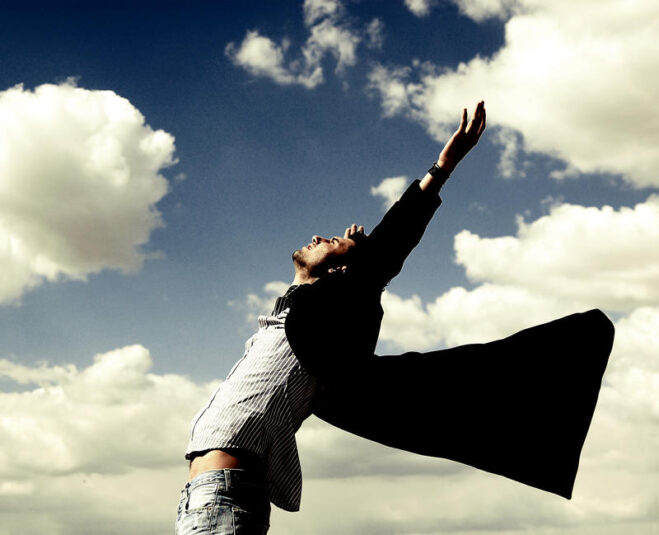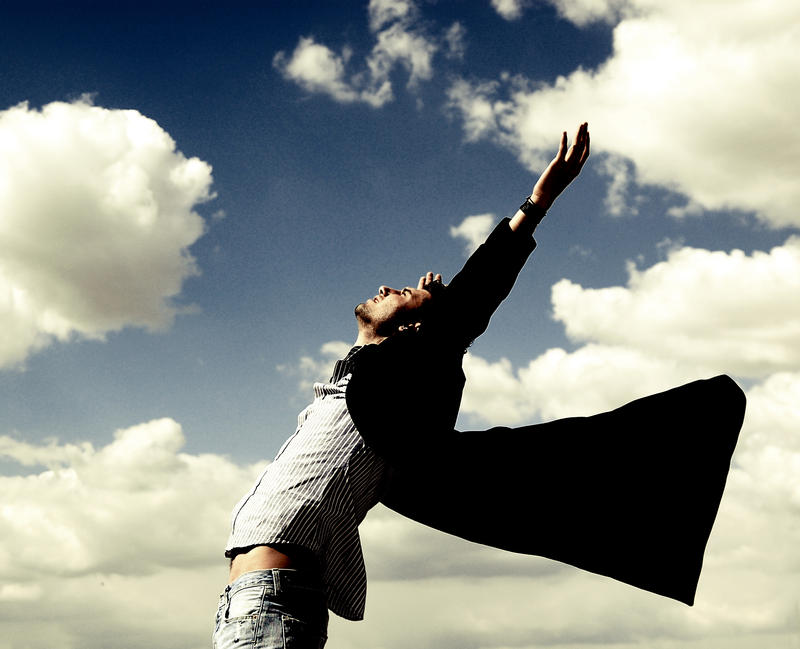
In this article we will focus on finding the balance between living a full and exciting life and managing to disconnect and relax. This is something difficult even for people who live a conventional life, and like a lot of things, it’s ten times harder for digital nomads. But don’t fret! Eli’s a seasoned digital nomad and traveler, and through the years, he has mastered a lot of strategies to make sure you have time for yourself even in the frenzy of constantly being on the move.
Listen to the full pod here: Daily Routines for Disconnecting & Truly Appreciating Life
Where To Start?
So, how do we nurture ourselves as digital nomads? Gaining new experiences is amazing. It’s the reason we all got into this lifestyle in the first place, right? But unless we combine them with true, honest, meaningful personal development, we’re just ticking items off a bucket list and not learning anything from our experiences.
And I know what you’re thinking: how do we find the time? How do we find a way? Most of our lives are spent on the move, and when we do get a day or two of downtime, our instinct is to sleep in, eat junk food, maybe watch a TV show that doesn’t require a lot of thinking.
Please don’t misunderstand, there is nothing wrong with that. You should be allowed to let off steam after a stressful week or month. But in the midst of all that, it’s important to find a moment to truly decompress and, as Eli puts it, become one with the world.
Now, put like that, it sounds like a mighty task. Like something people spend a lifetime trying to perfect. And, in a way, that’s true. We are always learning and growing and becoming who we are, and we will all our lives. But when it comes to disconnecting, Eli has found a method that works for him, and it involves breaking down his daunting assignment into little tasks.
For him, this takes the form of daily disconnection. It doesn’t have to be a big thing, you don’t have to book a daily activity that will fundamentally change your life, just set out two hours in your calendar that you dedicate exclusively to yourself. Eli likes to create some form of external commitment, whether that is telling a friend that you will be doing a certain thing at a certain time, or even paying for an activity so that you are less likely to skip it. No one likes to lose money, right?
That’s part one. The second part is having the right mindset for those two hours. You should be curious, ready to discover something new, even if your two hours of disconnection are just going on a walk and setting your phone on Do Not Disturb. Interesting things will only happen if you’re open to them. So, whether your two hours of disconnection are learning to skydive or trying out a new bakery, always face whatever you’re doing as if it’s the most exciting thing in the world. Who knows what might happen?
What Should You Actually Do?
We talked about how you should mentally approach this time you’ve carved out for yourself during the day, but now you’re probably thinking, how do I fill this time? You know we won’t leave you hanging. Eli has some practical advice as well.
When it comes to what to do, there are several options, and they will depend on your priorities.
As Eli always reiterates, finding a community, a tribe, as he likes to put it, is one of the most important things for a digital nomad, as you won’t have the conventional communities such as a workgroup or a steady friend group that meet every Friday for drinks. So your hours of disconnection can be oriented towards finding or strengthening your community. If you know you will be staying for a few months in one place, maybe dedicate a few hours a day to finding places to connect with people there. It can be a book club, a cooking class, a yoga group… the possibilities are endless.
Another important thing is your physical and mental health. If you have been feeling a little burned out lately, or you haven’t been eating well, maybe your two hours of disconnection can be dedicated to exercising. Set out a number of steps you want to walk in a day and do your best to achieve that goal. Or challenge yourself to perfect a healthy recipe for dinner every night. You’ll have some time for yourself, and you’ll take care of your body at the same time.
And finally, a groundbreaking term that Eli likes to focus on, and those are the definitions. Who do you want to be? And how can you achieve that? Let’s say you want to be an artist. You have always liked to paint, but never took it seriously enough. Your two hours of disconnection can be about that, not necessarily about mastering the skill of painting but about allocating some time to a hobby that means a lot to you and that you never had the opportunity to properly invest time in. It can also be something you never tried before but have always wanted to. Start learning a new language you have always wanted to understand. Why not? What do you have to lose?
Tools At Your Disposal
Take notes:
meetup.com: perfect for bigger cities and to find community. You can join groups of people and filter through locations and activities. Can’t find one that fits your needs? Start one! People might sign up.
Eventbrite: you can find cultural events happening in the city you’re staying in that you might have missed. Enter your location and see what’s up.
Facebook groups: the ol’ reliable. Almost every city has a few Facebook groups, and you can even get specific with your searches. If you type “Manchester book club” in your Facebook search bar, you’ll almost definitely get a lot of results.
Groupon: you never know which activities might be on sale!
Couchsurfing, announcement boards on shops, normal Google searches… the list goes on!
So don’t get discouraged if your first few days are a little boring, once you get into practice, you’ll learn how to find the best of every city.
Let us know what you think and share your own tips in the comments! Safe travels!



0 Comments